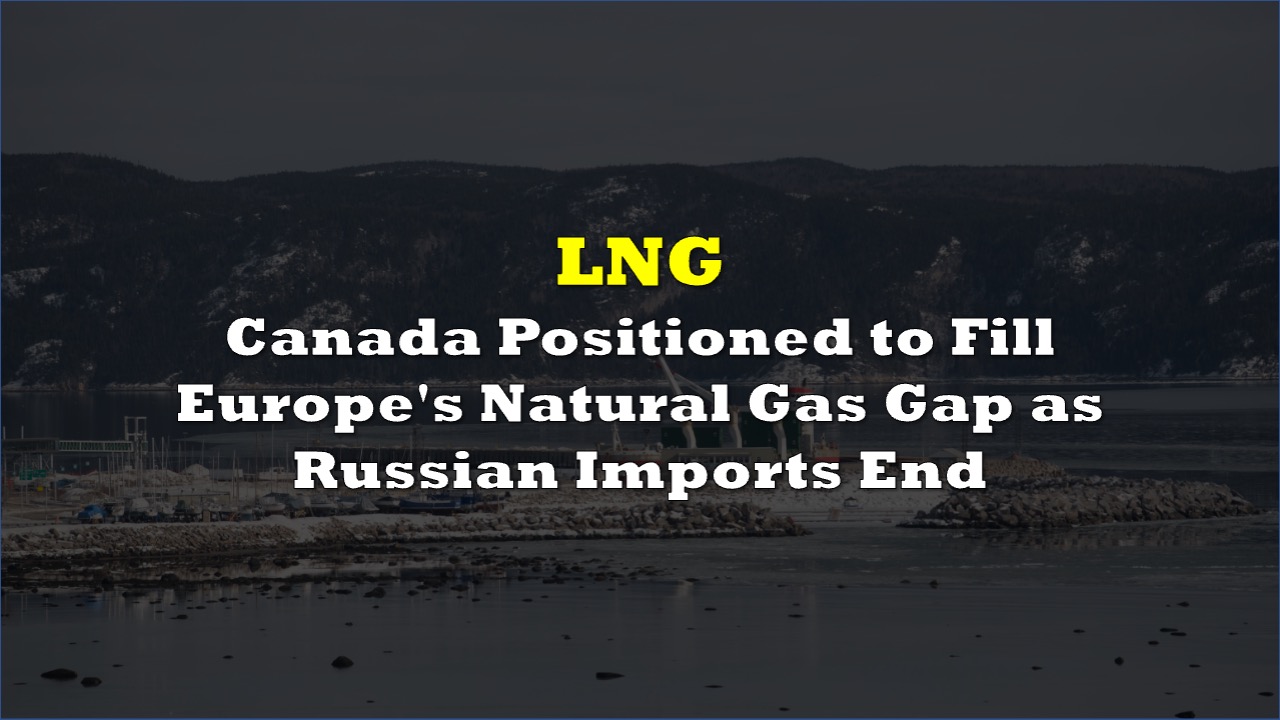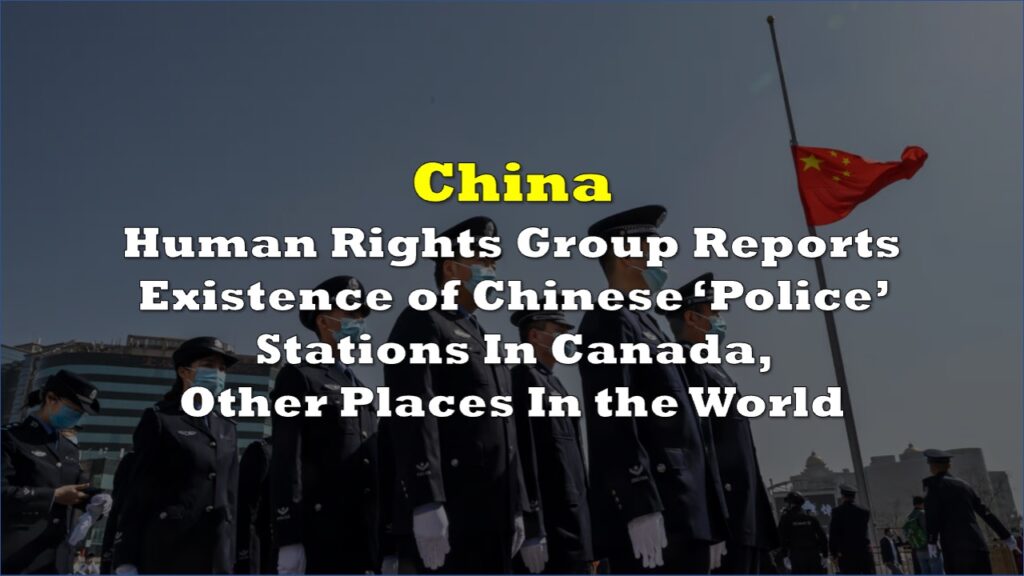Canada is positioning itself as a key liquefied natural gas exporter as Europe’s push to eliminate Russian energy imports by 2028 creates new demand for alternative suppliers.
A Norwegian energy company’s proposal for a major LNG export facility in Quebec represents Canada’s latest effort to capitalize on Europe’s urgent need for new gas sources. Marinvest Energy Canada plans to build a liquefaction plant and marine export terminal in Baie-Comeau that would ship Canadian natural gas directly to European customers.
A subsidiary of a Norwegian energy company wants to build a liquefied natural gas export project in Quebec. Marinvest Energy Canada says there’s a strong business case for an LNG project in Quebec to export Canadian natural gas to Europe.https://t.co/SokRoXlNju
— Heather Exner-Pirot (@ExnerPirot) July 4, 2025
“Quebec can play a key role in helping diversify export options for Canadian natural gas, especially at a time when relying solely on the US market presents growing challenges,” Greg Cano, chief operating officer for Marinwest Energy Canada, said in a statement.
Quebec Premier François Legault is evaluating the project’s economic potential, a shift from the province’s 2021 rejection of a similar facility. Recent trade tensions with the US have increased Quebec’s interest in diversifying export markets.
“The first thing we’ll look at is the economic benefits. Are there paying jobs for Quebecers?” Legault said.
The proposed facility would include several hundred kilometers of pipeline infrastructure, creating construction jobs and generating significant export revenues. Canada’s vast natural gas resources, political stability, and established relationships with European allies position it as an attractive alternative to suppliers in more volatile regions.
Related: Shell’s $40B LNG Canada Makes Its First Cargo
However, the project faces regulatory hurdles and environmental concerns. The federal government will evaluate the proposal based on national interest criteria, including climate considerations and Indigenous consultation requirements.
If approved, the facility could begin operations within several years, potentially making Canada a significant player in the European LNG market and enhancing the country’s international influence through energy partnerships.
The timing appears favorable. TotalEnergies CEO Patrick Pouyanne confirmed that Europe needs substantial new supply sources to replace Russian gas, which still accounts for approximately 20% of European demand.
The European energy crisis is a significant opportunity to expand beyond traditional continental markets. The country possesses some of the world’s largest natural gas reserves but has historically exported primarily to the United States.
#LNG is where Canada could dramatically increase trade with Europe. The supply is vast in Canada and the demand / neec is massive in Europe. #Pipelineseast https://t.co/6tVEaQOrx0
— Jay Roberge 🚀 (@jmroberge) July 5, 2025
Information for this story was found via Bloomberg, and the sources and companies mentioned. The author has no securities or affiliations related to the organizations discussed. Not a recommendation to buy or sell. Always do additional research and consult a professional before purchasing a security. The author holds no licenses.









